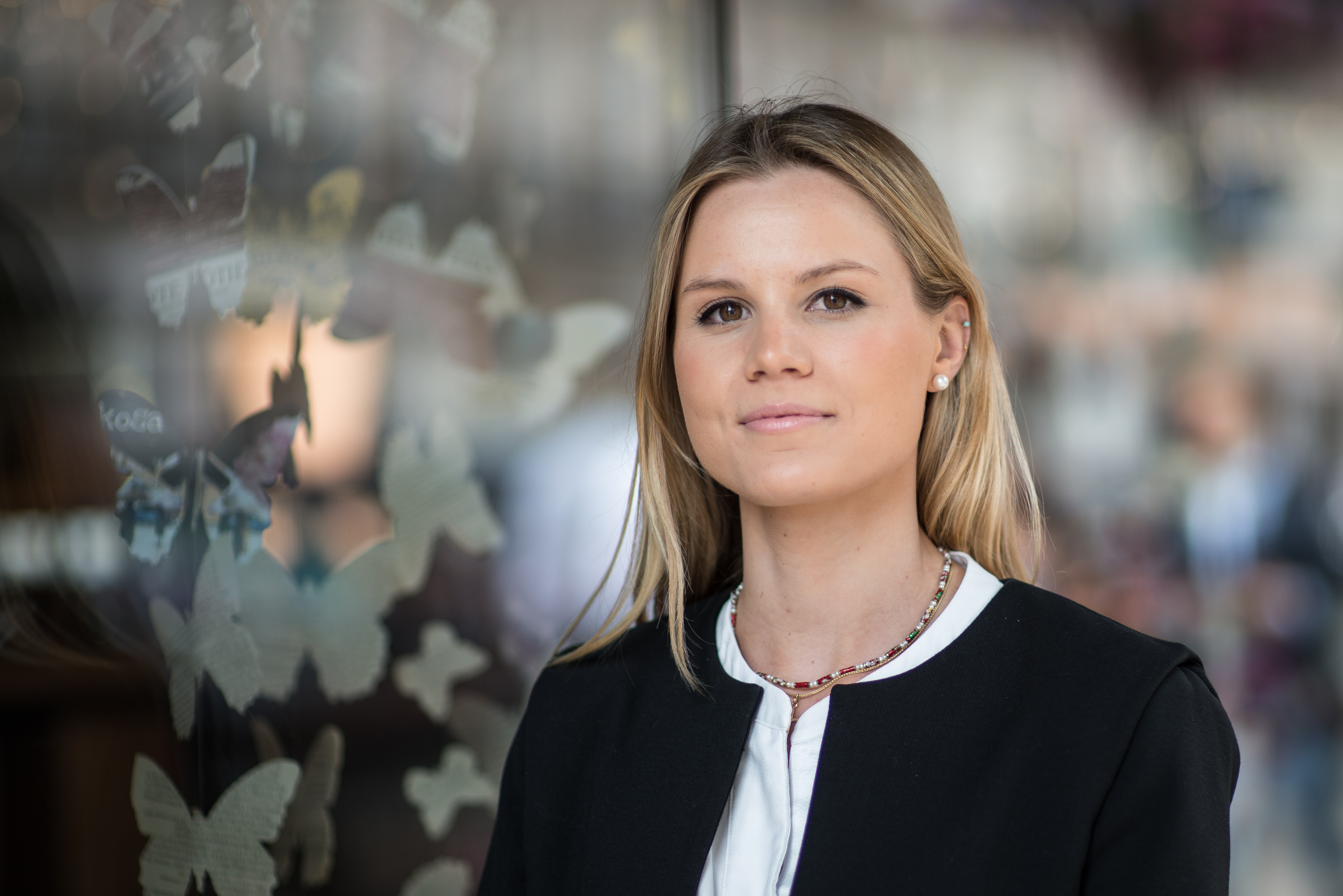With the UK regulator confirming that delayed Sustainable Disclosure Requirements (SDR) will be released in September, it’s worth revisiting what they might look like.
At a recent Sustainable Investing Festival in London, FCA director of environmental social and governance, Sacha Sadan, confirmed the latest requirements and labels for sustainable investments were planned for release in September.
Over two-thirds (70%) of the UK public would like their money to positively contribute towards people or the environment, according to an article published on the Government’s website
However, the lack of standardisation in reporting has led to a lack of clarity for investors about an investment company and its product suite’s green credentials.
A research paper by MIT and the University of Zurich highlights the problem. It found the correlation of ESG ratings between six leading providers ranges from 0.38 – 0.71. This sharply contrasts with the tighter 0.92 correlation observed between credit rating agencies. In large, this is due to the infancy of ESG ratings, which means standardisation of approach has yet to be determined.
What is SDR?
Thankfully, much like the European Union’s efforts with the Sustainable Finance Disclosure Regulation implemented in March last year, the FCA has proposed a sustainability framework. The UK’s Sustainability Disclosure Requirements (SDRs) will be enforced on certain large businesses. This new framework will allow investors to make informed decisions on their investments.
The aim is to allow investors to be informed about the companies they are investing in and whether they are aligned to a net-zero future.
This sustainability data will be tailored to both consumers and professional investors to provide appropriate and clear information to each group. Reporting for consumers will be clear and standardised to allow for easy comparability of sustainability credentials across firms.
Upon the implementation of this framework, asset managers will have to demonstrate how they integrate sustainability into their investment decisions, substantiating the environmental impact (positive or negative) and any claims each individual investment product makes.
This includes their alignment to the UK’s net zero pledge by 2050. The roadmap will include a new rulebook entitled the ‘UK Green Taxonomy’ where the definition of what is sustainable will be made clear.
What about reporting?
Disclosures will be based on the Taskforce on Climate-related Financial Disclosures (TCFD), thereby incorporating climate-related and financial considerations, as well as further sustainability factors. Ultimately, the environmental and societal impact of both investment firms and their products will become apparent.
The International Financial Reporting Standards (IFRS), who oversee global accounting standards, have also established the International Sustainability Standards Board (ISSB). Building on the TCFD, there will be a set of global sustainability standards, which will allow for consistency and ease in the comparability of reporting.
The FCA’s discussion paper, published in November last year, suggests current voluntary codes, such as the UK Stewardship Code and the United Nation’s Principles of Responsible Investment (UN PRI), may help firms meet entry level requirements under the SDRs.
While the enforcement of these requirements into a new financial services bill was withdrawn in May, where it was hoped to be mentioned in the Queen’s speech, the Treasury maintains it is committed to enforcing this legislation and following Sadan’s statement Q3 now looks likely.
Government legislation of this sustainability disclosure within the asset management industry, much like the EU’s Sustainable Finance Disclosure Regulation, is crucial in pushing companies to address transition plans sooner rather than later.
The above article has been prepared for investment professionals. Any other readers should note this content does not constitute advice or a solicitation to buy, sell, or hold any investment. We strongly recommend speaking to an investment adviser before taking any action based on the information contained in this article.
Please also note the value of investments and the income you get from them may fall as well as rise, and there is no certainty that you will get back the amount of your original investment. You should also be aware that past performance may not be a reliable guide to future performance.
How would you like to share this?

